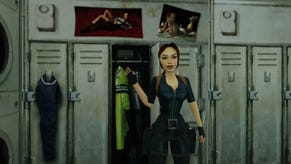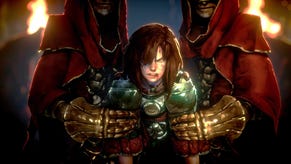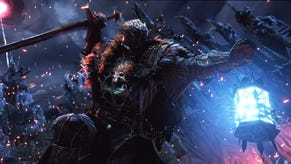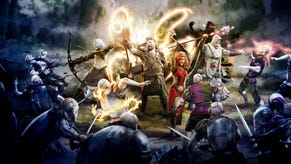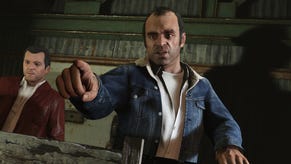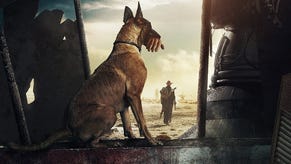Activision's studios defend publisher
Devs discuss life under Kotick.
A number of Activision's subsidiary studios stood up for their under-fire owner over the weekend, insisting they were more than happy to work for the controversial publisher.
Activision has hit the headlines over the past year or so with a number of high-profile studio closures and the long-running ruckus over sacked Infinity Ward bosses Jason West and Vincent Zampella.
However, during a panel at the PAX East event in Boston this weekend titled "Owned but Independent", representatives from Vicarious Visions, Raven and High Moon all took to the stage to talk up life under the Activision banner.
According to a Gamasutra report, Jennifer O'Neal, executive producer at Guitar Hero developer Vicarious Visions, insisted that the studio felt it was "not in as risky of a position as we were when we were independent."
She added that Activision allowed the studio to invest in expensive technologies such as motion capture, which an independent might deem too much of a risk.
Eric Biessman of Singularity developer Raven Software explained how the studio felt under much less pressure now than it did as an independent team-for-hire.
"If we didn't turn in a milestone every month that wasn't exactly what was listed in our contract they wouldn't pay us," he recalled of life pre-Activision, adding that management was often forced to pay employees with credit cards.
Peter Della Penna, head of Transformers: War for Cybertron outfit High Moon Studios thanked Activision CEO for his support of the "independent studio model" which, among other things, allowed him to hit the beach and surf during his lunch breaks.
He described Activision's involvement with the studio as "structured, but not heavy-handed," and spoke up for focusing on licenses over original IP.
"When you're creating new worlds and characters you get a lot of people with opinions," he explained. With licensed products, on the other hand, you're free to concentrate on the game rather than arguing about the concept.


.png?width=291&height=164&fit=crop&quality=80&format=jpg&auto=webp)
